A 2016 article in the Journal of Consumer Research argues that busyness has become a status symbol. In earlier societies, such as the 19th century Thorstein Veblen describes in his Theory of the Leisure Class, the wealthy conspicuously avoided work. They saw idleness as an ideal. By contrast, contemporary Americans praise being overworked. They see busy individuals as possessing rare and desirable characteristics, such as competence and ambition.
To respond philosophically to our new overworked overlords and status icons, we need only return to the 19th century Danish philosopher Søren Kierkegaard. Kierkegaard is known for his philosophical account of boredom, which is often associated with idleness. If busyness is the opposite of idleness, perhaps he can diagnose busyness also.
Kierkegaard’s work emphasizes indeterminate experiences—experiences that are not about some particular object or thing. Kierkegaard’s discussion of anxiety is perhaps the best known example of this sort of experience. For him, anxiety is always about the indeterminacy of future possibilities. It is not worrying about some specific thing, such as embarrassing oneself on the first day of school.
A comic by the artist Sarah Andersen helps capture Kierkegaard’s point. The comic depicts a conversation between a person and their brain, which tells the person that they are anxious. The person repeatedly asks the brain “Why?” The brain’s only answer is “Because.” Anxiety is not about some particular thing, so it is impossible to point to some specific source of anxiety. With this feature of Kierkegaard’s philosophy in hand, we can now consider his understanding of boredom and busyness.
___
"The busy person sows and harvests and rests upon these gains. But what is the purpose of this rest? Only to begin once more...nothing is gained by the cycle other than rest from the labor it requires."
___
For Kierkegaard, boredom is indeterminate. A person is not bored by some particular experience. Instead, they are bored by their inability to pay attention to and glean meaning from those experiences. Thus, as Kierkegaard writes under a pseudonym in Either/Or, “Boredom rests upon the nothing that interlaces existence.” The solution to boredom that Kierkegaard’s pseudonymous author proposes is a method called “rotation of crops.” This method involves changing the way one approaches experiences by approaching them as occasions for imaginative reflection rather than as those experiences are. For example, someone might choose to be entertained by the monotonous sound of water dripping from a roof.
Some readers of Kierkegaard think that the above solution to boredom is akin to mindfulness training. Others think that Kierkegaard proposes this solution pseudonymously in order to reject it. Our purpose here is not to enter into that debate (although one of us has done so elsewhere). Instead, we think that Kierkegaard’s discussion of boredom is key for understanding his view of busyness.
In his Works of Love, arguably his greatest ethical text, Kierkegaard uses an agricultural metaphor to describe busyness:
''…the busy people sow and harvest and again sow and harvest (busyness harvests over and over again), […] the busy people store the barns full of what they harvested and rest upon their gains—alas, […] the person who truly wills the good in the same span of time does not see even the smallest fruit of his labors and he becomes the object of ridicule as someone who does not know how to sow, as someone who labors in vain and is merely shadowboxing…''







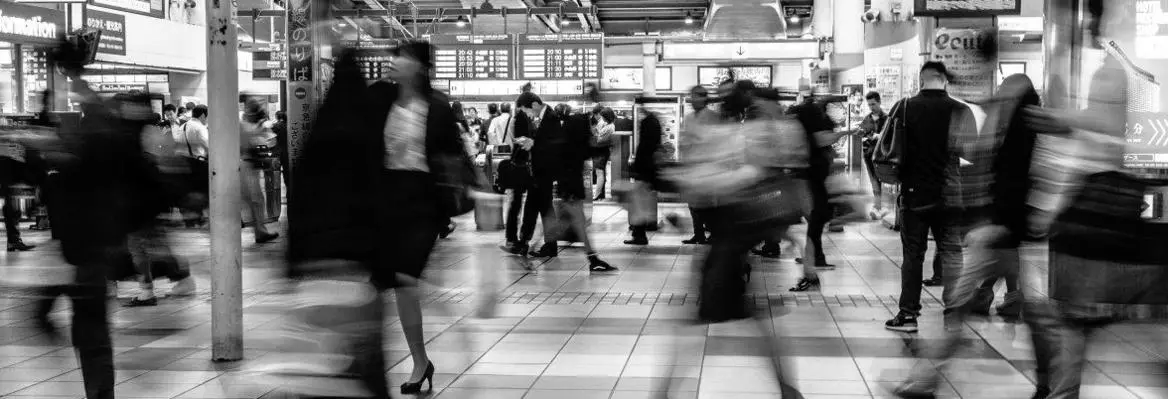

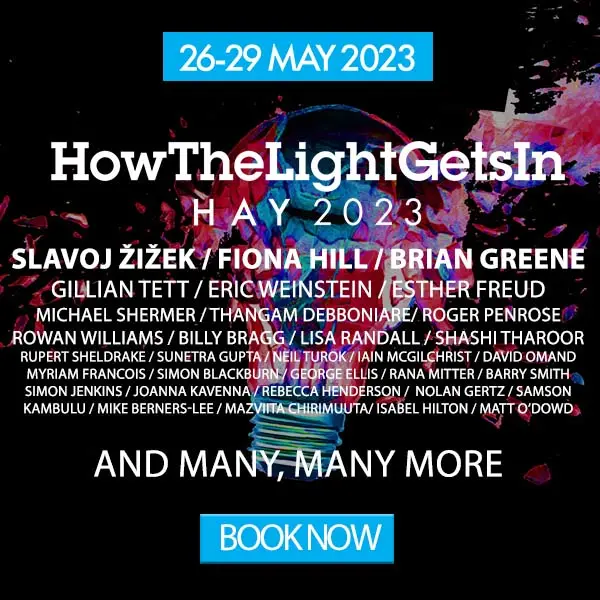


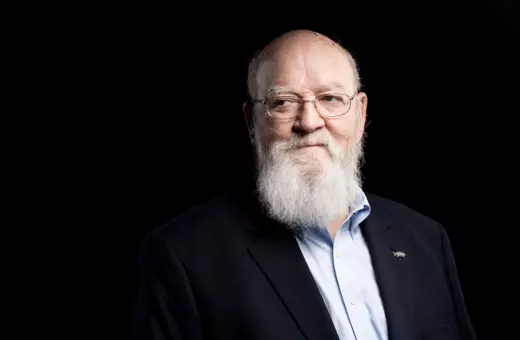

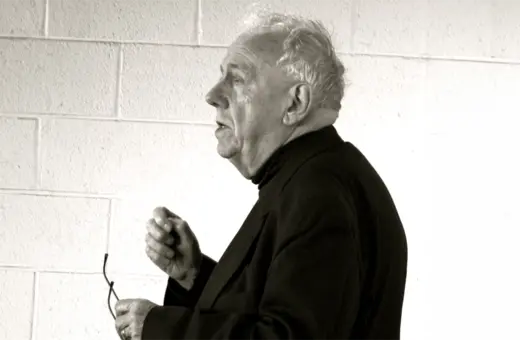
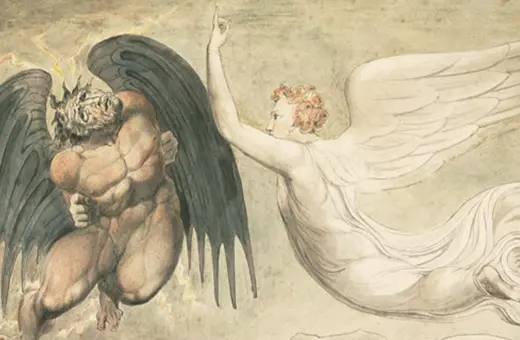
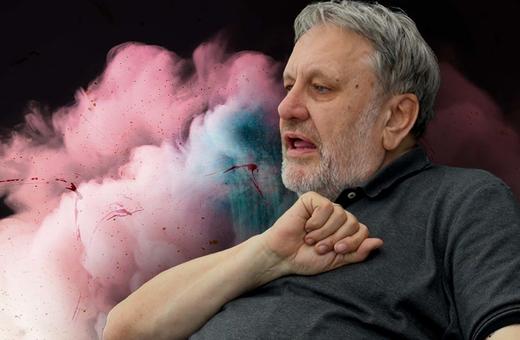
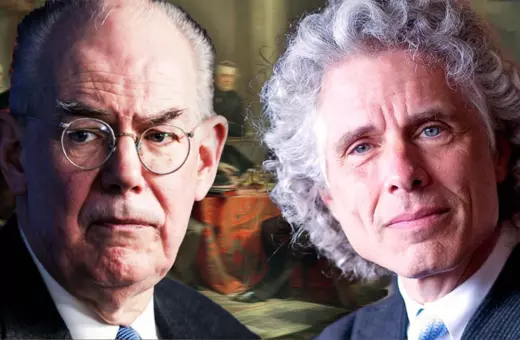




Join the conversation